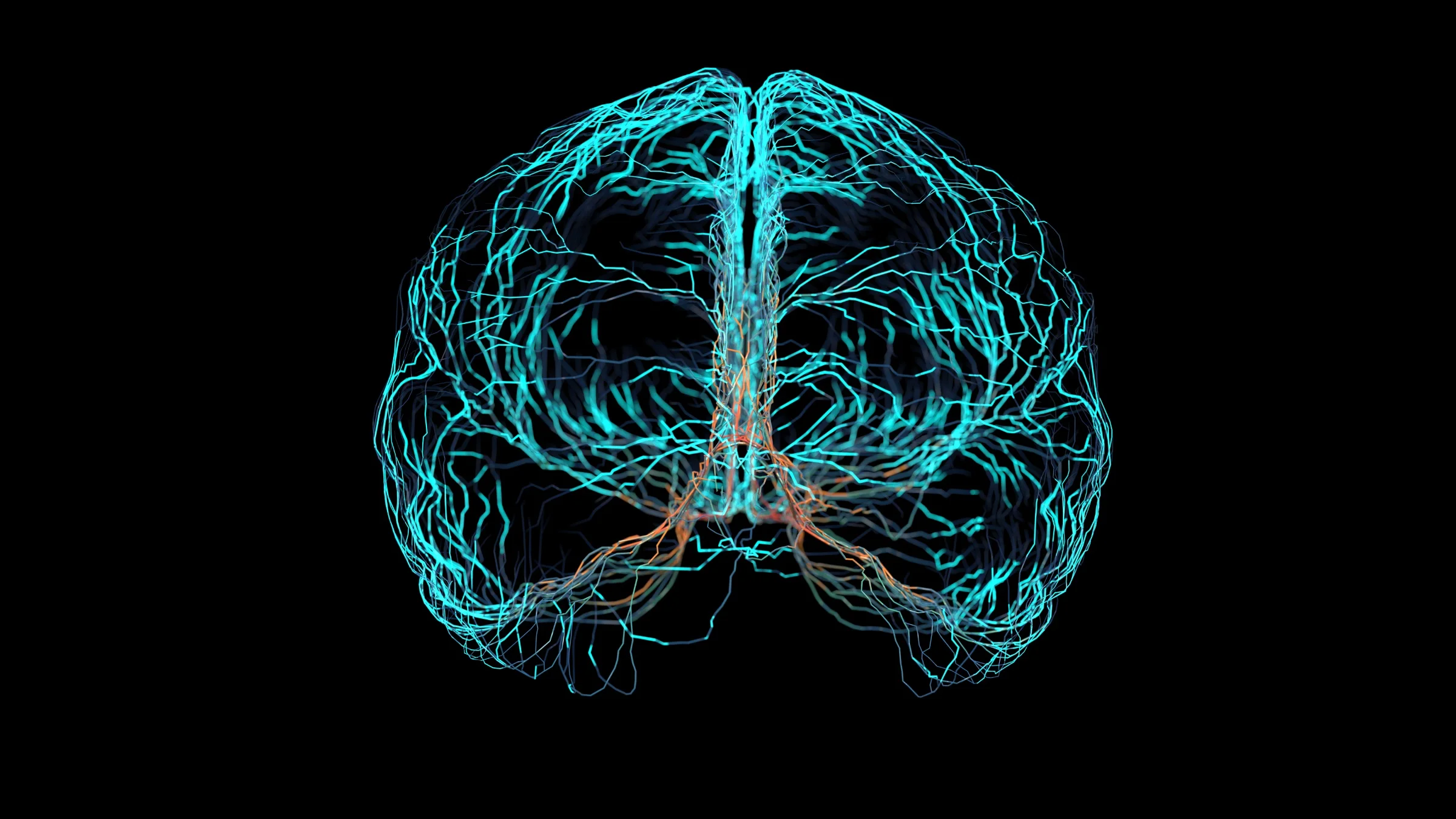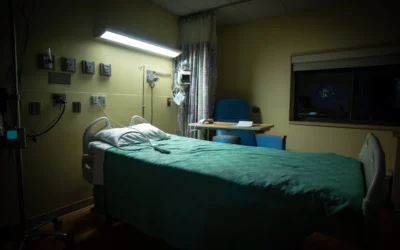Traumatic brain injuries (TBIs) can have a significant impact on children, affecting their cognitive, emotional, and physical development. When a child suffers a traumatic brain injury due to negligence or intentional harm, it is essential to understand the unique considerations involved in pursuing legal claims on their behalf. In this blog post, we will explore the distinct factors and challenges related to traumatic brain injuries in children. This includes the importance of early intervention and support, and providing insights on navigating the legal process for compensation.
Understanding a Brain injury in a child
Traumatic brain injuries occur when a sudden blow or jolt to the head disrupts normal brain function. Children are particularly vulnerable to brain injuries due to their developing brains and increased risk-taking behavior. Common causes include falls, sports-related accidents, motor vehicle collisions, and child abuse. It is crucial to recognize the signs and symptoms of a brain injury in children. They can include changes in behavior, mood swings, headaches, difficulty concentrating, and physical impairments.
importance of early intervention & Support
Early intervention and support are paramount in diminishing the long-term effects of traumatic brain injuries in children. Prompt medical attention, specialized rehabilitation, and educational accommodations can significantly impact a child’s recovery and future development. Parents, healthcare professionals, and educators play critical roles in identifying the unique needs of children with brain injuries.
- Medical Evaluation and Treatment: Seeking immediate medical evaluation after a head injury is crucial to ensure an accurate diagnosis and appropriate treatment plan. Specialized pediatric care may include neurological assessments, imaging studies, medication management, and therapy tailored to the child’s specific needs.
- Rehabilitation and Therapy: Comprehensive rehabilitation programs, including physical, occupational, and speech therapy, can assist children in regaining lost skills, improving cognitive function, and enhancing physical abilities. Early intervention services can help address developmental delays and support the child’s overall well-being.
- Educational Support: Brain injuries can significantly impact a child’s ability to learn and thrive in an academic setting. Collaborating with school professionals to develop an Individualized Education Program (IEP) or a 504 plan can ensure that the child receives necessary educational accommodations and support to maximize their learning potential.
Legal claims in a child brain injury
When pursuing legal claims on behalf of a child with a traumatic brain injury, there are specific considerations to keep in mind:
- Statute of Limitations: The statute of limitations for filing a personal injury claim on behalf of a child varies by jurisdiction. It’s crucial to consult with an attorney to understand the applicable time limits and ensure timely action.
- Guardianship and Legal Representation: As children cannot legally represent themselves, a parent or guardian is typically appointed to act as the child’s legal representative. An experienced personal injury attorney can guide parents or guardians through the legal process, advocate for the child’s best interests, and ensure their rights are protected.
- Future Care and Long-Term Prognosis: Children with traumatic brain injuries may require ongoing medical care, therapy, and support throughout their lives. It is important to consider the long-term prognosis and the potential future costs associated with the child’s care when seeking compensation.
- Expert Opinions and Assessments: Expert opinions from healthcare professionals, neuropsychologists, and vocational experts can provide valuable insights. This includes the child’s prognosis, future limitations, and financial needs. These expert assessments can strengthen the case for compensation.
Compensation for a brain injury
When seeking compensation for a child’s traumatic brain injury, the following avenues may be explored:
- Insurance Claims: Insurance coverage such as homeowner’s insurance, motor vehicle insurance, or medical insurance may provide compensation for the injuries. Consult with an attorney to understand the available insurance coverage and pursue appropriate claims.
- Personal Injury Lawsuits: In cases involving negligence or intentional harm, filing a personal injury lawsuit may be necessary. This will pursue full and fair compensation for the child’s injuries, medical expenses, future care needs, pain and suffering, and potential loss of future earning capacity. An attorney can help assess liability, gather evidence, and advocate for the child’s rights throughout the legal process.
contact an experienced attorney
Throughout the legal process, it’s vital to prioritize the child’s best interests and focus on their well-being. This includes ongoing medical care, therapy, educational support, and emotional well-being. Collaborating with healthcare professionals, educators, and support networks is key. This provides the child with the necessary resources and a nurturing environment for their recovery and development.
Traumatic brain injuries in children require careful attention, specialized care, and support. When pursuing legal claims on behalf of a child with a traumatic brain injury, it is crucial to understand the unique considerations involved. Early intervention, comprehensive rehabilitation, and educational support are critical for the child’s recovery and long-term well-being. Seeking legal representation from an experienced personal injury attorney can help protect the child’s rights and maximize their compensation. By prioritizing and providing the necessary support, we can ensure that children with traumatic brain injuries receive justice they deserve. Shane Gosdis is dedicated to getting the compensation you deserve. To schedule a free consultation call (385) 429-9960 or email s@gosdis.lawyer today.




